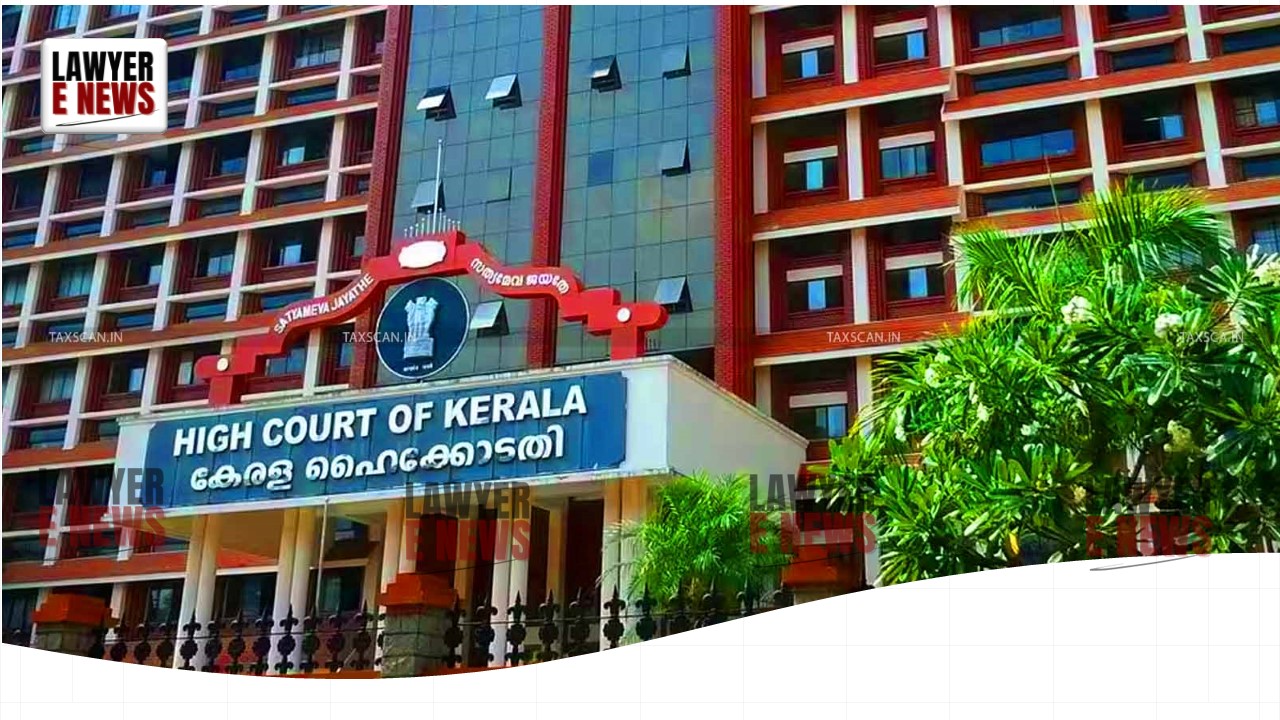-
by Admin
15 February 2026 2:16 AM



In a significant judgment, the Kerala High Court has quashed the award of a tender by the Thrissur Municipal Corporation for the supply of High-Density Polyethylene (HDPE) pots, citing procedural lapses and favoritism. The court found that the tender process was not conducted in a transparent manner, with undue advantages given to a competitor who did not meet the required technical qualifications. The judgment, delivered by Justice Mohammed Nias C.P., underscores the importance of strict adherence to tender conditions to maintain the integrity of public procurement processes.
The petitioner, Kaveri Fertilizer Industries, engaged in the manufacture and distribution of organic manures and bio-fertilizers, along with HDPE pots, had participated in an e-tender issued by the Thrissur Municipal Corporation. The tender, part of the Janakeeyasoothranam project, sought the supply of UV-protected HDPE multi-layer pots, potting mixtures, and vegetable seedlings.
The petitioner contended that It was the only bidder that met all the technical qualifications as per the tender specifications. However, the tender was awarded to the sixth respondent, Soumya Plastics, despite its failure to initially provide required certifications, including a crucial CIPET report on the quality and durability of the pots.
The court found that the fifth respondent (the Deputy Director of Agriculture) had acted beyond its mandate by granting additional time to Soumya Plastics to submit the required CIPET certification after the technical bids were opened. This action, the court noted, violated the conditions laid out in the Store Purchase Manual and the tender notice itself, which required all bidders to submit complete documentation at the time of the bid submission.
The court observed, "Granting a month’s extension to the sixth respondent to submit essential documents post the opening of technical bids not only contravenes the tender conditions but also creates an uneven playing field, undermining the integrity of the procurement process.”
Justice Mohammed Nias C.P. emphasized that the actions of the fifth respondent appeared to favor Soumya Plastics, which was not technically qualified at the time of bid submission. The court highlighted that the tender conditions mandated the use of virgin HDPE material with specific durability and environmental standards, which were not initially met by Soumya Plastics.
“It is evident from the records that the sixth respondent was given preferential treatment, which cannot be justified under the principles of fair and transparent public procurement,” the judgment stated.
The court’s decision was grounded in established principles of administrative law, particularly the need for fairness and transparency in government tenders. The court cited the Supreme Court’s ruling in B.S.N. Joshi & Sons Ltd. V. Nair Coal Services Ltd., emphasizing that any relaxation of tender conditions must apply uniformly to all bidders and that essential conditions cannot be waived arbitrarily.
The judgment clarified that judicial Intervention in tender processes is warranted when the decision-making process is arbitrary or when favoritism is evident. In this case, the court found sufficient grounds to interfere, given the clear procedural violations and the apparent favoritism shown towards the sixth respondent.
The Kerala High Court’s judgment sends a strong message about the importance of adhering to tender specifications and maintaining transparency in public procurement processes. By quashing the tender awarded to Soumya Plastics, the court has reaffirmed the principle that all bidders must be treated equally and that any deviation from prescribed procedures must be justifiable and applied uniformly. The court’s directive to re-evaluate the bids, starting with negotiations with the petitioner, is expected to restore fairness to the procurement process and prevent similar issues in future tenders.
Date of Decision: 2nd September 2024
Kaveri Fertilizer Industries v. State of Kerala & Others
